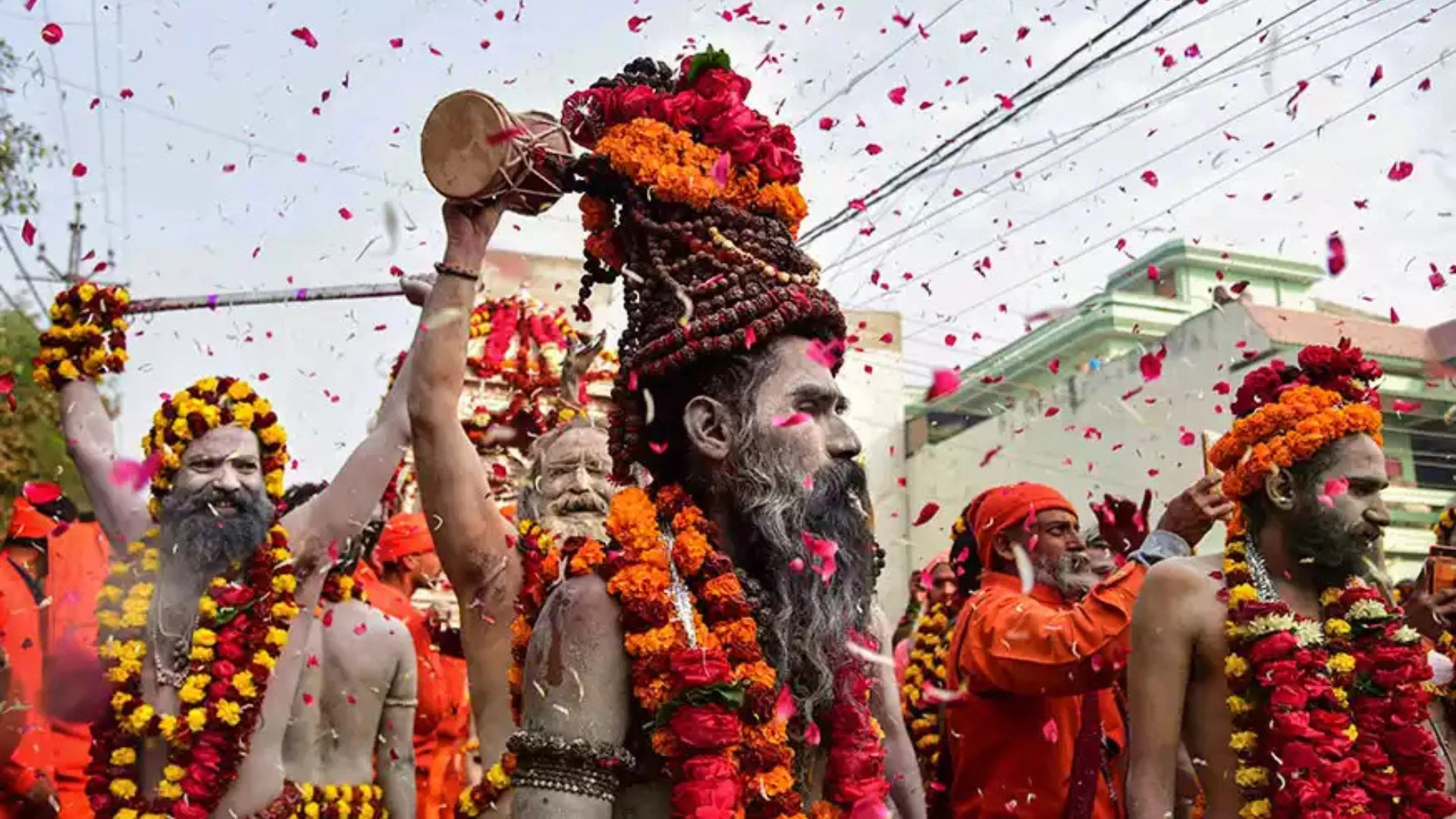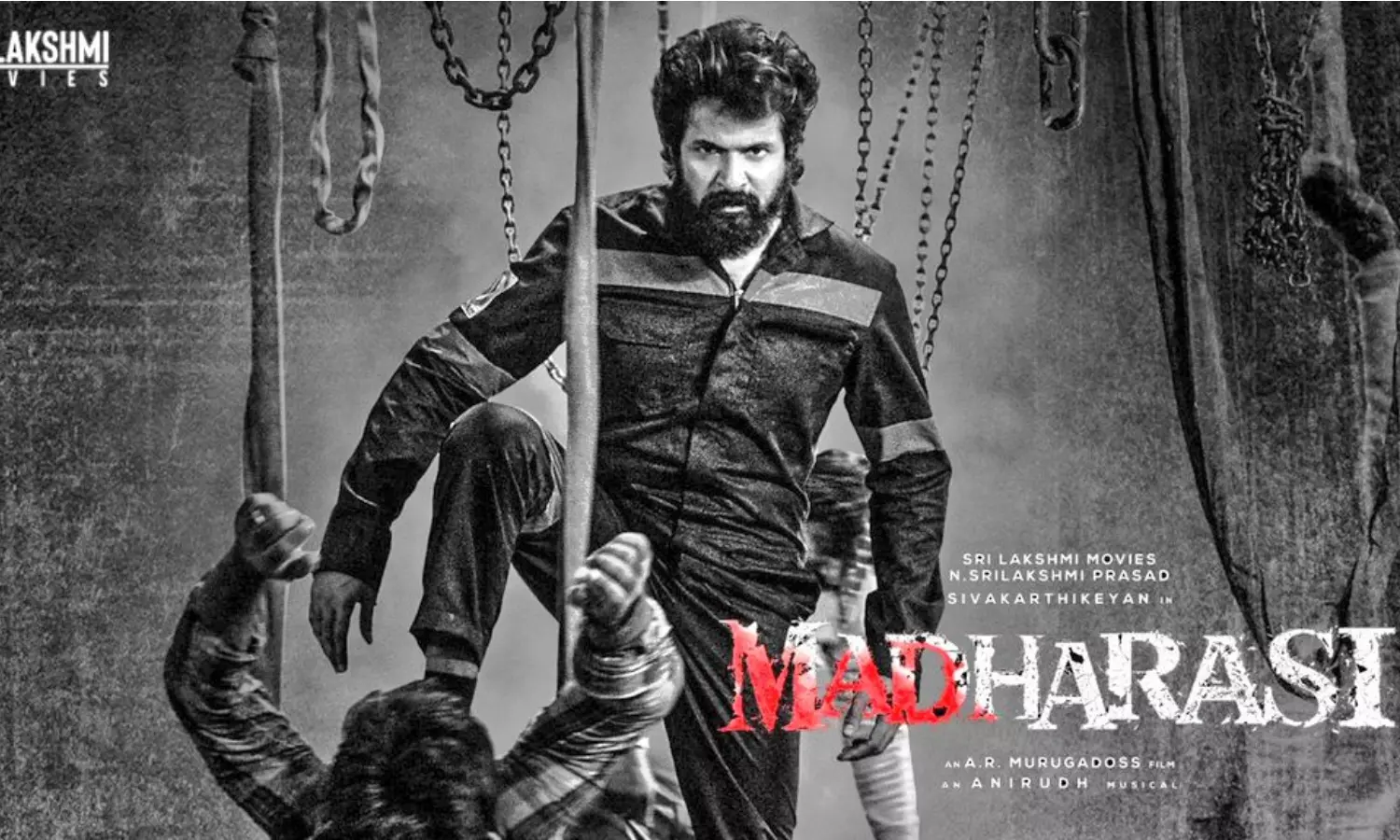Mahakumbh, often recognized as a mega-spiritual gathering, is far more than just a fair. For many, it represents a unique opportunity to cleanse not only the body but also the soul. Rakesh Kumar Shukla, better known as Prayagputra in Prayagraj, has shed new light on the deeper meaning of Mahakumbh, describing it as a “festival of digital detox and spiritual purification.” In his latest coffee table book, dedicated to the Kumbh, Shukla explores the true essence of this sacred event.
Mahakumbh: A Sacred Festival, Not Just a Fair
Mahakumbh is much more than an event for entertainment and trade. Shukla stressed the importance of understanding the spiritual and cultural significance of the festival, especially for those attending from both India and around the world.
“Mahakumbh, recognized as an intangible cultural heritage of humanity, is not merely a fair but a grand celebration lasting about two months. It is essential for devotees, both domestic and international, to understand the significance of this festival to fully benefit from its spiritual essence,” Shukla explained.
He further emphasized that Mahakumbh is a celebration with multiple dimensions, including spiritual, managerial, economic, and global participation. “Every devotee should understand what Kumbh is, why it is celebrated, and how it is organized,” Shukla added. This call for awareness is a reminder for participants to dive deep into the true meaning of the festival rather than just enjoying the surface-level aspects.
The Sanatan Vedic Hindu Religion: A Path to Welfare
Shukla also took the opportunity to highlight the role of the Sanatan Vedic Hindu religion in shaping the Mahakumbh. According to him, this religion is the only one dedicated to the welfare of all beings, a principle that is deeply intertwined with the essence of Mahakumbh.
He explained, “Sanatan Vedic Hindu religion is the only religion, which is dedicated to the welfare of Sanatan. Its essence begins with the satsang of sages and saints, who collectively bring Mahakumbh to life.” This religious and spiritual foundation is what makes Mahakumbh such an integral part of Indian culture.
Shukla further pointed out that Mahakumbh is not intended to commercialize religion but rather to integrate dharma with commerce. “The festival aims to integrate dharma with commerce, not to transform dharma into a commercial venture,” he noted. This idea encourages a balanced approach where the festival’s spiritual purpose is maintained alongside its logistical and economic aspects.
Kalpvas: Experiencing Real Life in the Modern World
One of the key aspects that Shukla focuses on in his discussions about Mahakumbh is Kalpvas, a ritual where devotees stay on the banks of the river for a specific period, often a month, to purify themselves spiritually. Shukla advocates for people to experience real, meaningful life rather than getting lost in the fleeting moments of the digital world.
He described Mahakumbh as a grand festival, saying, “It is guided by the divine constitution, signifying its spiritual and cultural importance.” This emphasis on spiritual cleansing through practices like Kalpvas encourages individuals to step away from the distractions of technology and reconnect with their deeper selves during the festival.
Mahakumbh’s Impact: A Holistic Experience for Devotees
Shukla’s reflections on Mahakumbh offer a fresh perspective on the event, which goes beyond the superficial aspects of a fair or commercial activity. For devotees, the festival serves as a vital spiritual journey, one that blends ancient practices with modern realities. By promoting a digital detox and encouraging spiritual purification, Mahakumbh continues to stand as a symbol of hope, faith, and cultural unity for millions of participants worldwide.
Through his book and teachings, Prayagputra Rakesh Shukla urges individuals to fully embrace the deeper meaning of Mahakumbh, ensuring that it remains a celebration of not just faith, but also personal growth and societal welfare.























